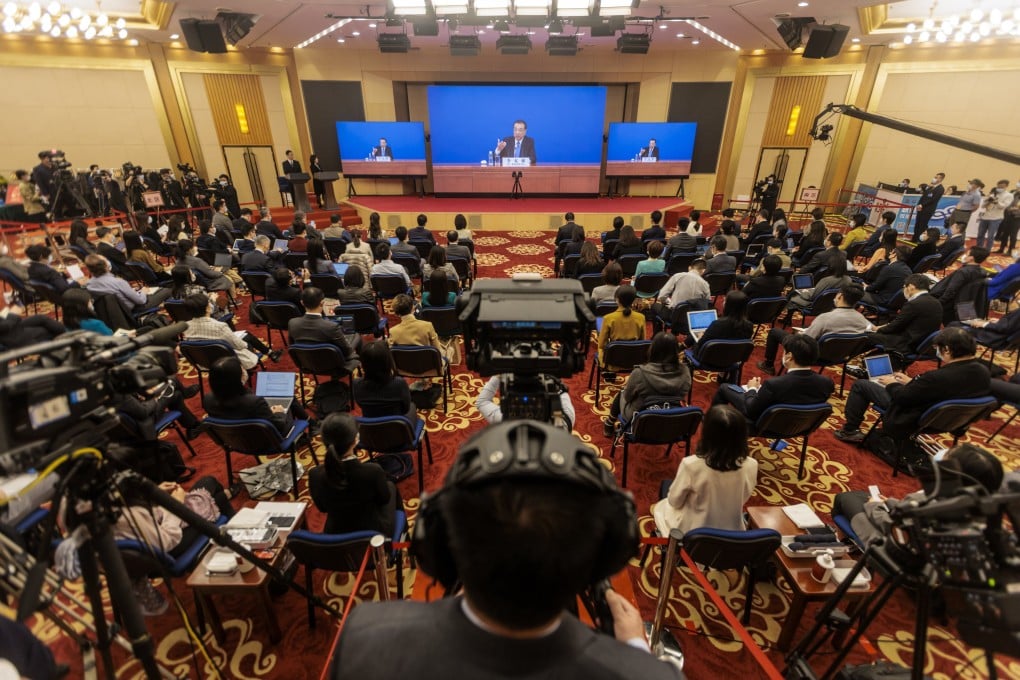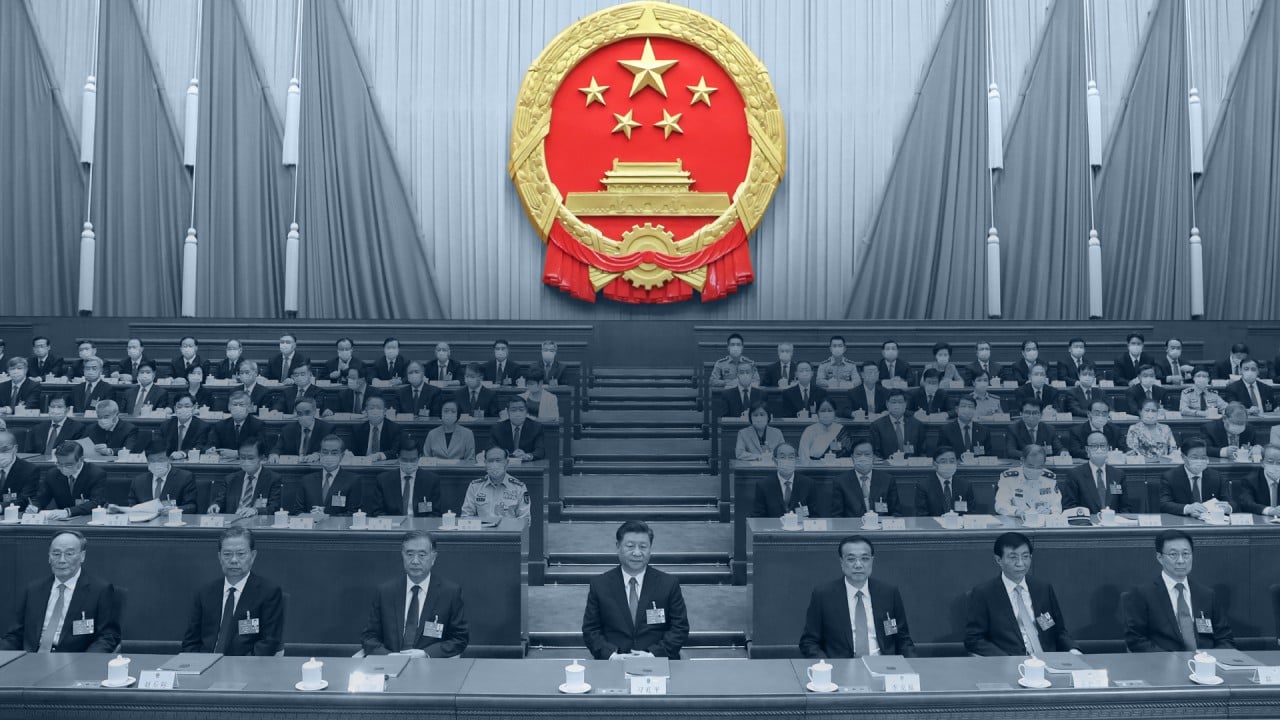Explainer | 6 takeaways from China’s ‘two sessions’ and the economic turmoil that followed
- Optimism and vows of stability at Beijing’s annual parliamentary sessions were followed by stock market losses and growing concerns over the Ukraine war’s impact on China
- From job growth and common prosperity, to regulatory crackdowns and zero-Covid goals, Chinese leaders addressed their most pressing priorities for 2022

After last week’s annual parliamentary meetings, which were overshadowed by Russia’s invasion of Ukraine, China’s stock market this week experienced a level of tumult rarely seen since the stock market meltdown in the summer of 2015.
Disrupted by its worst Covid outbreak in two years, and challenged by growing pressure from the West to condemn Russian aggression, China is grappling to tame economic headwinds, and its efforts have been further complicated by the US Federal Reserve’s rate-hike projection.
Here are the economic priorities listed out during the annual parliamentary meetings, known as the “two sessions”, and a rundown of how things have evolved this week.
GDP
Li stressed the importance of preventing systemic risks and said the government would set up a fund to ensure financial stability, as he delivered the government work report to the National People’s Congress.

